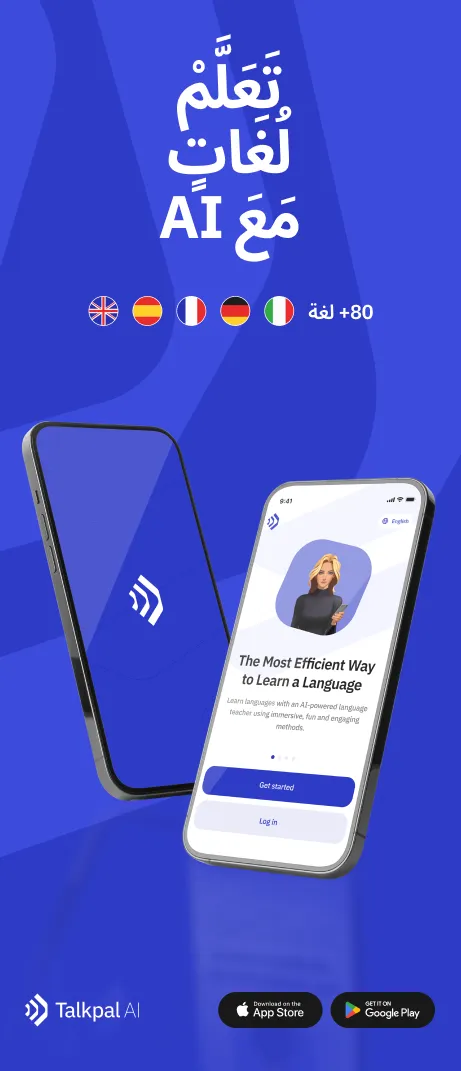من الجدير بالذكر أن الناطقين باللغة العربية يعتبرون استخدام الزمن المستقبلي في اللغة الإنجليزية من النقاط التي تحتاج إلى تركيز، نظرًا لاختلاف الاستخدامات بين اللغتين. لذلك، ستجد هنا مجموعة من الجمل التي تستخدم تراكيب زمنية متعددة للإشارة إلى المستقبل لتقوية مهاراتك اللغوية.
تمرين على جمل المستقبل باستخدام “when” و “as soon as” و “before”
I will call you *when* (conjunction) I arrive at the airport.
You should start to cook *as soon as* (conjunction) you get home.
He’ll finish the report *before* (conjunction) the meeting starts.
Please send me the details *when* (conjunction) you have them ready.
*Before* (conjunction) you leave, make sure everything is locked up.
They’re going to help us *as soon as* (conjunction) their class ends.
I’ll take the dog out for a walk *before* (conjunction) we go to bed.
*When* (conjunction) the bell rings, the students will go to their classrooms.
As long as you’re living under our roof, you will follow the rules *when* (conjunction) you come back home.
*Before* (conjunction) the sun sets, let’s finish our hike.
*When* (conjunction) you see her, tell her I said hello.
I won’t make the tea *until* (conjunction) everyone is seated.
Keep your phone with you *in case* (conjunction) I need to contact you later.
Don’t turn off the computer *until* (conjunction) the update completes.
*As soon as* (conjunction) the concert is over, we will find a place to eat.
تمرين على جمل المستقبل باستخدام “if” و “once” و “after”
If it rains, we will cancel the picnic *if* (conjunction)
*Once* (conjunction) the movie starts, no one will be allowed to enter the theater.
She’s going to call us *once* (conjunction) she gets to her destination.
We’ll discuss the budget *after* (conjunction) the presentation is over.
*If* (conjunction) you study hard, you will pass the exam.
The children can go play *after* (conjunction) they finish their homework.
We will start the project *once* (conjunction) the funds are secured.
*After* (conjunction) the game, we can grab some dinner.
If I find a good deal, I will book the flight *if* (conjunction)
You’ll feel better *after* (conjunction) you take some rest.
I’ll let you know *if* (conjunction) anything changes.
*Once* (conjunction) you’ve reviewed the document, send it to the client.
The celebration can begin *after* (conjunction) the awards ceremony.
If the weather is nice, we’ll go for a hike *if* (conjunction)
*After* (conjunction) he completes his training, he will be assigned to a new position.










